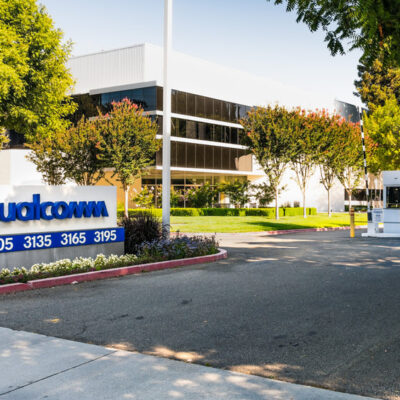About 10 large U.S. banks have agreed to be part of a pilot program to extend credit services to people who do not have any credit score and thus, have been locked out of borrowing opportunities in the past, according to a Wall Street Journal story.
People may not have any credit history if they only use cash or debit cards for payments or are new to the U.S. About 53 million adults in the U.S. do not have traditional credit scores, according to Fair Isaac Corp.
How will the pilot program work?
Are you looking for fast-news, hot-tips and market analysis?
Sign-up for the Invezz newsletter, today.
Under the pilot program, slated to be launched this year, the banks will share the deposit-account data of the applicants with each other to ascertain whether the applicants are financially responsible based on their account balances over time and their overdraft histories. The account data will be reviewed only after banks try to check applicants’ credit scores and find that they don’t have one.
Let’s say a person with no credit history has a deposit account at Wells Fargo (NYSE: WFC). JPMorgan (NYSE: JPM) may approve the credit application of such a person based on his usage of the deposit account at Wells Fargo.
JPMorgan expects to start approving the applications as soon as this fall under the program.
What about other credit products?
The pilot will start with credit card applications. People who are approved under the new method and are able to build a good borrowing history by demonstrating timely payments of credit bills may become eligible for other credit products such as auto loans and mortgages.
Banks get new opportunities for growth
The bank gets access to a customer segment that has been locked out of borrowing opportunities in the past. Eventually, banks may be able to sell other products to these customers and increase their net interest income.
But there is also the possibility of banks opting out of the pilot if they experience loan losses due to these new customers. Unsuccessful attempts have been made in the past as well to address the issue of extending credit to people with no borrowing history.





